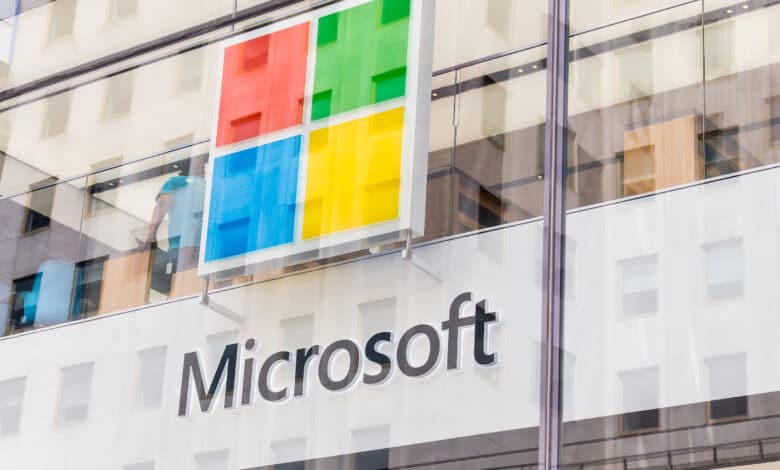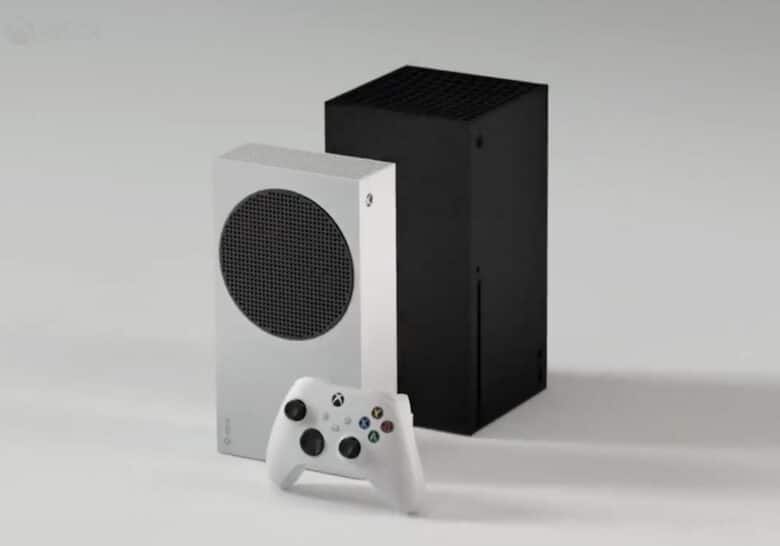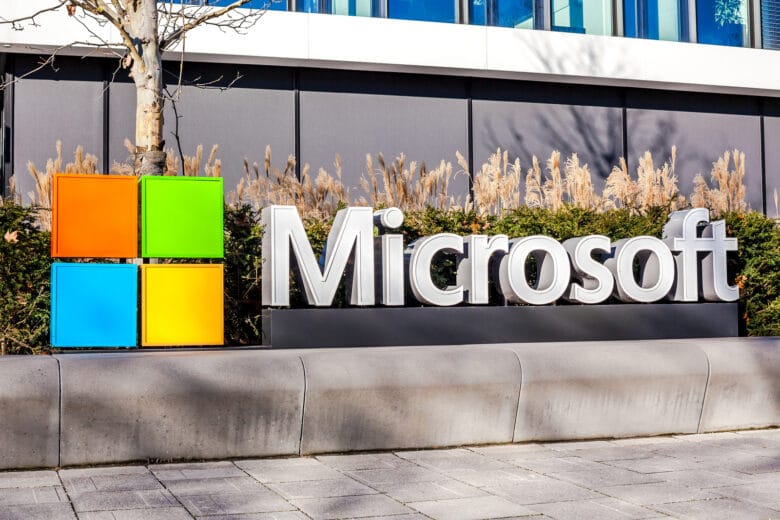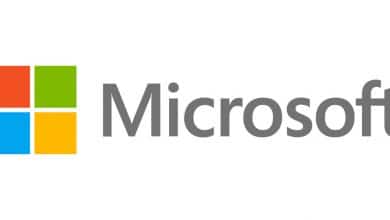
Microsoft is taking a serious step that will please many small developers. According to its own information, the software and hardware giant from Redmond (USA) wants to lower its own sales share of video games from 30 percent to 12 percent in the future. The reduction of more than 50 percent is to be put into practice on August 1. With its historic step, Microsoft primarily wants to create incentives for potential game developers. In view of the constantly growing competition from industry giants like Steam and Co. this is probably also bitterly necessary.
Microsoft takes on Steam
What is called “Steam” by Half-Life and CounterStrike inventor Valve, is called “Microsoft Store” by Microsoft. However, since Valve’s service is becoming increasingly popular, Microsoft is now trying to keep up. Accordingly, the US company is lowering its share of sales to 12 percent. Thus, the Windows and Xbox inventors now draw level with the Epic Games Store. Market leader Steam, on the other hand, would still like to have a revenue share of a proud 30 percent. The attractiveness of the Microsoft Store should thus be increased immensely. After all, the Epic Games Store also attracted a lot of users away from Steam at its release. But of course, Valve does not set a flat revenue share of 30 percent. This would not be possible with large developers or high sales of PC games.
In these cases, the company lowers the participation to 25 percent or 20 percent, depending on the amount of sales. For its business management, the video game platform Steam has drawn harsh criticism several times in the past, especially from competitor No. 1, the Epic Games Store. And Epic is not alone in the industry. GOG, the PC game platform of the Polish developer CD Projekt Red, is also criticizing in general, not only the amount itself, but the flat revenue shares. Thus, the company would rather like to see corresponding participations as a starting point for negotiations, rather than as blanket solutions. Another player in the group is the Humble Store. It takes a similar step as Steam when it comes to revenue shares with 25 percent. However, the company donates 10 percent of its revenue to charity.
Game development is to be promoted
According to Sarah Bond, Head of Game Creator Experience & Ecosystem at Microsoft, Microsoft justifies its move of lowering the participation with the company’s love for PC games and their developers. It is simply to increase the number of developers who offer their software in the Microsoft Store. Since the lowering of the shareholding should result in more money for the developers, Microsoft hopes that its own service will become more attractive. In view of the big competition from Steam, Epic, GOG and others, this makes sense. Furthermore, Microsoft justifies its step with the fact that the company has observed that more and more games are published on the smartphone that would also look good on the PC. It was important to create incentives to develop these games for the PC as well. It is clear here that Microsoft is courting small video game developers in particular.
Design to be revised
However, not only the economic strategy, but also other things are to change at the Microsoft Store. For example, the company also wants to increase the attractiveness of its own store by revamping its design. Currently, developers who want to publish a video game to the Microsoft Store work with UWP (Universal Windows Platform). However, this platform simply cannot keep up with the uncomplicated solutions of the competition.
In-house games remain at 30 percent
Currently, we can see that Microsoft is buying up other developer studios by the dozen and making them their own. For these studios, which will publish games under Microsoft’s auspices in the future, the revenue share should again remain at 30 percent.

In addition, the games for the Xbox are not affected by the participation reduction. This is probably due to Microsoft’s high dependence on its own video game market around the Xbox. After all, the company sells its in-house console as part of a minus business to bring in profits with the help of the associated software.
There’s trouble on the smartphone, too
Epic, by the way, is not just venting against Steam’s economic strategy. Also in the context of game distribution on the smartphone, there is so much for the company to grumble about. The pivotal point is the game “Fortnite”. It is still sold in the Apple App Store and the Google Play Store at a revenue share of 30 percent each. Epic has already taken legal action against this. However, a court decision in this regard is still pending.




